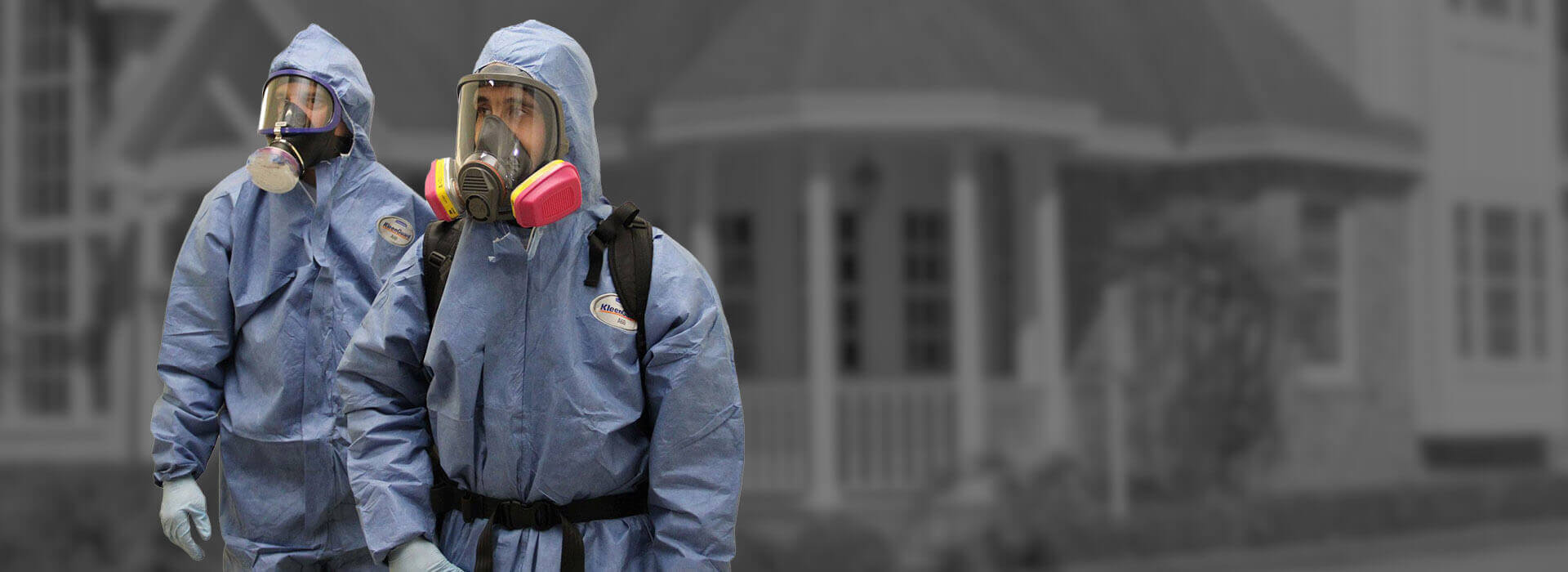The meth epidemic is spreading throughout the United States; urban, suburban, and rural. In Utah, along the Wasatch front, some officials have suggested that as many as 10% of the single-family homes and up to 80% of rentals may contain meth residue. At just over 350,000 dwellings in Salt Lake County, that means over 35,000 properties could be affected. And that’s just one county.
Why Test for Meth: Is My Home Contaminated?
Contamination from meth comes via the manufacture of meth or through smoking meth inside a structure. Whatever the source, meth residue creates an unsafe living environment, especially for young children and the elderly.
It is impossible to rule out or confirm contamination based solely on appearances. In fact, the only way to determine whether a property contains contamination is to complete a meth residue test. We recommend a composite wipe sample as it is the most cost-effective way to determine level of contamination. A composite wipe sample can also test up to 4 areas of a property for the cost of one test.
Is Meth Testing Required?
At this time, meth testing is not required when purchasing a home or moving into a rental. However, moving foward with such a purchase without such a test is unwise. Many have purchased homes only to find contamiantion after someone falls ill. Indeed, this can be a costly mistake both your budget and your health. We even recommend that new homes undergo testing, as workers have been known to smoke and contaminate new properties.
It may also be wie to test before moving into a rental property. These tend to have the highest percentage of contamination, particularly multi-family dwellings that share a ventilation system. In such a scenario, one tenant can contaminate the entire property. And, renters are less likely to test for meth when moving, so apartments aren’t regularly tested.
If you are not sure why or if you should test for meth, be sure to call a Certified Decontamination Specialist in your area. They can give you more information about testing, and the risks. Of course, if you’re in Utah feel free to call AEI Decon. We’ll happily provide you with a quote and any guidance you need. (801) 888-6698.

